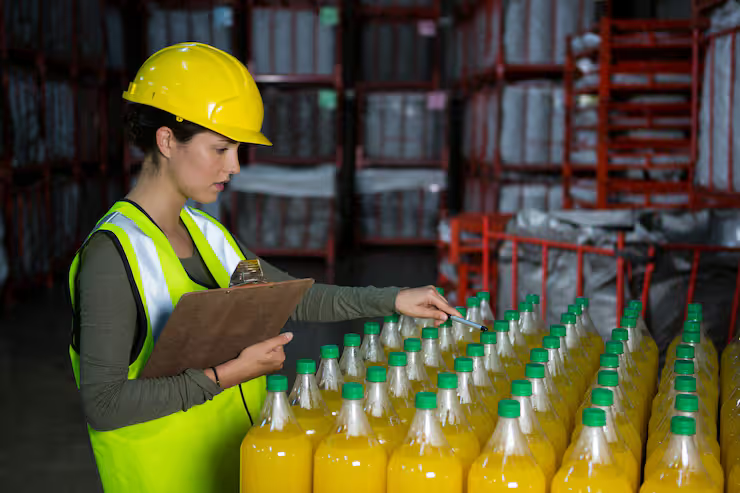A chemical supplier is a company or organization that provides chemicals and related raw materials to other businesses and industries for various purposes, such as manufacturing, research, and production.
Selecting a reliable chemical supplier is more than a procurement task—it’s a strategic decision. For industries like pharmaceuticals, manufacturing, agriculture, and research, consistent quality, safety, and regulatory compliance depend on dependable suppliers. With heightened focus on sustainability and standards, topping off cost and volume, the stakes for picking the right partner are higher than ever.

Importance: What a Trusted Supplier Brings to Your Business
A quality chemical supplier isn’t just a vendor—they’re a pillar for your operations. Key contributions include:
Stable Quality Assurance: Ensures consistent batches and process reliability.
Regulatory Compliance: Aligns with international norms like GHS, REACH, and ISO, safeguarding operations.
Operational Stability: Expert logistics reduce downtime and mitigate risks.
Sustainability Support: Provides eco-friendly options and responsible sourcing.
Technical Expertise: Guidance on safe handling, storage, and disposal strengthens workplace safety and efficiency.
Recent Trends in Industrial Chemical Sourcing (2025)
Suppliers are increasingly required to offer Certificates of Analysis (COAs) demonstrating high purity (often >99%).
Companies prioritize ethical and sustainable operations, emphasizing environmental impact and responsible sourcing.
Emphasis on technical support and formulation expertise is rising—especially in specialized markets like cosmetics, pharmaceuticals, and advanced materials.
Laws and Standards Shaping Supplier Selection
Certifications such as ISO 9001 illustrate commitment to quality management.
Suppliers must comply with chemical safety frameworks like GHS labeling and REACH guidelines.
Sustainability certification schemes and participation in initiatives like supply chain sustainability alliances help reinforce ethical sourcing.
Tools and Resources to Vet Suppliers
COAs & Third-Party Tests – Validate purity, concentration, and absence of contaminants.
Safety Data Sheets (SDS) – Essential for safe handling, storage, and usage.
Technical Support Services – Access to formulation experts and guidance.
Sustainability Audits – Evaluate environmental and social responsibility credentials.
Supply Chain Transparency Tools – Track delivery reliability and compliance.
Checklist: How to Choose a High-Quality Chemical Supplier
Ensure ISO or equivalent certifications for quality
Confirm availability of COAs and SDS documentation
Review compliance with international standards (GHS, REACH)
Evaluate sustainability practices and supplier ethics
Assess technical support for formulation and storage needs
Confirm reliable, secure, and compliant logistics
Check financial transparency and ethical business conduct
FAQs
Q1. Why are Certificates of Analysis (COAs) crucial?
COAs verify chemical purity and consistency—crucial for quality-dependent applications.
Q2. How important is regulatory compliance from suppliers?
Extremely—non-compliance can lead to penalties, recalls, or operational shutdowns.
Q3. Do suppliers typically offer technical support?
Top suppliers do—especially in specialized industries where formulation guidance is essential.
Q4. Why is sustainability becoming a priority?
Consumers, regulators, and corporations now demand eco-conscious supply chains and ethical practices.
Q5. What role does logistics play in chemical supply?
Timely, safe delivery—especially for hazardous materials—is vital to uninterrupted operations and safety.
Conclusion
Choosing the right chemical supplier is foundational to operational excellence, product safety, and strategic success. By focusing on quality, compliance, technical support, and ethical practices, businesses can forge partnerships that drive innovation, resilience, and industry leadership.
